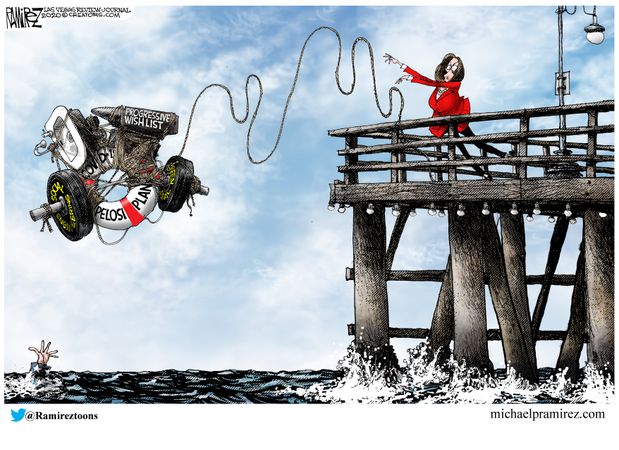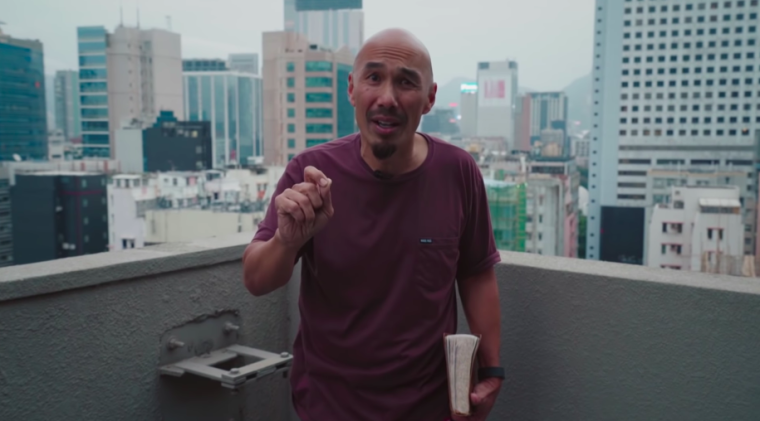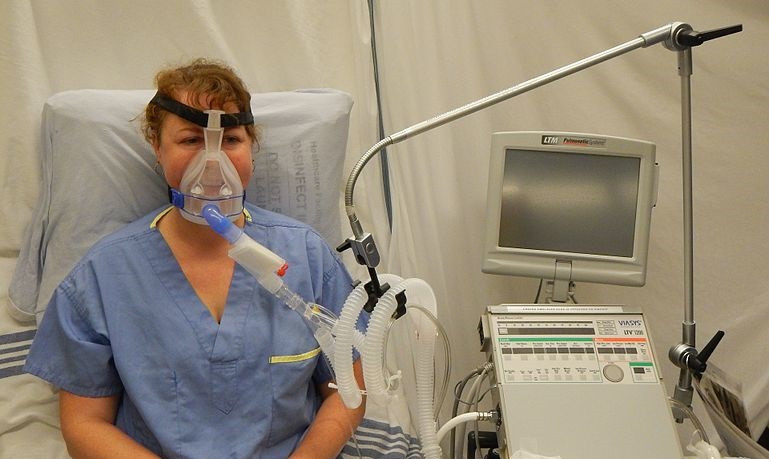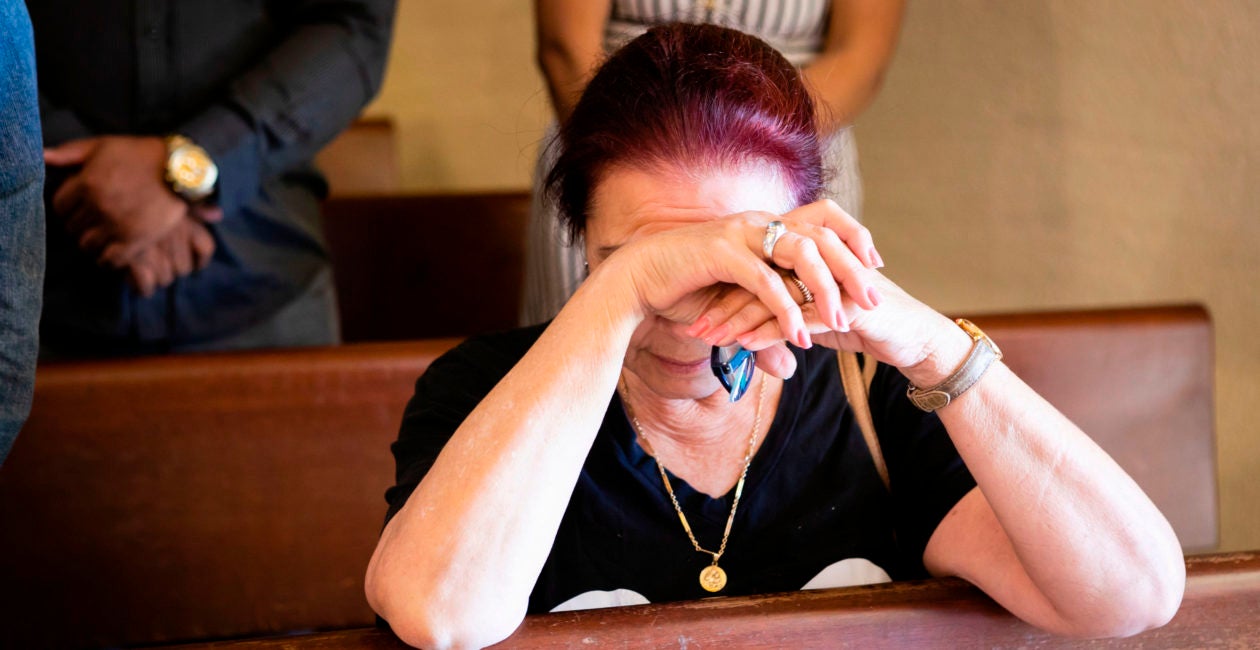If Chinese officials weren't fans of the American media before, they are now. After weeks of taking all the heat for the coronavirus, the communist regime will be relieved to know that, according to the New York Times, they aren't to blame for this global pandemic. Evangelicals are.
In a column so outrageous editors ultimately rushed to change the headline, opinion writer Katherine Stewart makes it her personal mission to pin the entire plague on the country's faithful. "The Road to Coronavirus Hell Was Paved by Evangelicals," the block type insisted -- until the paper was forced to turn Stewart's vitriol down a notch to "The Religious Right's Hostility to Science Is Crippling Our Response to the Coronavirus." If the new header was supposed to tamp down the controversy the column started, it didn't.
It isn't that Christians aren't used to this sort of scapegoating. Honestly, there isn't a problem in the world the far-Left hasn't tried to frame believers for. But this, a hate-filled piece of editorial garbage, is exactly why Americans have turned their backs on the media. Too many outlets are more interested in attacking the president than containing the virus. And amazingly, the New York Times -- from the city most ravaged by the catastrophe -- is leading the way.
"Donald Trump rose to power with the determined assistance of a movement that denies science, bashes government and prioritized loyalty over professional expertise," Stewart insists. "In the current crisis, we are all reaping what that movement has sown." First of all, if anyone's guilty of denying science, it's liberals. We aren't the ones on CNN arguing that babies aren't human beings. Or that biology doesn't determine your sex. Also, it might surprise the Times to know that if it weren't for Christians, those supposed medical incompetents, America would barely have any hospitals to speak of. In New York City alone, two of the top three hospitals have religious roots. So spare us the absurd argument that evangelicals are somehow making the public health crisis worse.
But the truly offensive part of this whole rant is that while liberals are busy spewing contempt, these same evangelicals are on the streets of New York City treating patients. Groups like Samaritan's Purse, who are part of the movement the Times bashes, don't have time to respond to the accusations because they're busy actually doing something about the crisis. Instead of sitting around picking political fights, they're in the hotspots risking their lives to help strangers.
Over the weekend, while the Times was pushing out more rancor and division, the hospitals in its own backyard were crying out for help. And guess who answered? Within 48 hours, Rev. Franklin Graham's team had set up an entire field hospital in Central Park with doctors, nurses, lab technicians, sanitation experts, and other support staff. And it's not just New York City. Churches across the country have been reaching out to communities in ways Washington, D.C. never could. Stewart talks about Christians getting in the way of a "strong centralized response from the federal government," but she doesn't seem to understand that the faith community has always been a more efficient partner in serving the public good. Without the ministry of churches across the country right now, there would literally be hundreds of food banks, homeless shelters, day cares, and testing sites that would either be empty, shut down, or overrun.
Maybe, at the end of the day, that's what the other side is really concerned about: the church's impact. As everyone knows, it's tragedy that forces people to look outside of themselves. In this time of social distancing, what if more people are finding the space to grow closer to God? The Wall Street Journal touches on that very possibility in a piece of commentary by Robert Nicholson, "A Coronavirus Great Awakening?" Nicholson makes the point that while this isn't exactly the disaster World War II was, the pandemic has certainly "remade everyday life and wrecked the global economy in a way that feels apocalyptic."
"Life had been deceptively easy until now... We float through an anomalous world of air conditioning, 911 call centers, acetaminophen and pocket-size computers containing nearly the sum of human knowledge. We reduced nature to "the shackled form of a conquered monster," as Joseph Conrad once put it, and took control of our fate. God became irrelevant... But the pandemic has humbled the country and opened millions of eyes to this risky universe once more... For societies founded on the biblical tradition, cataclysms need not mark the end. They are a call for repentance and revival." Will Americans, he asks, "shaken by the reality of a risky universe, rediscover the God who proclaimed himself sovereign over every catastrophe?" We pray so.
[italics and colored emphasis mine]
the disorder of the world. - Karl Barth
*Representative name or photo used to protect identity.













